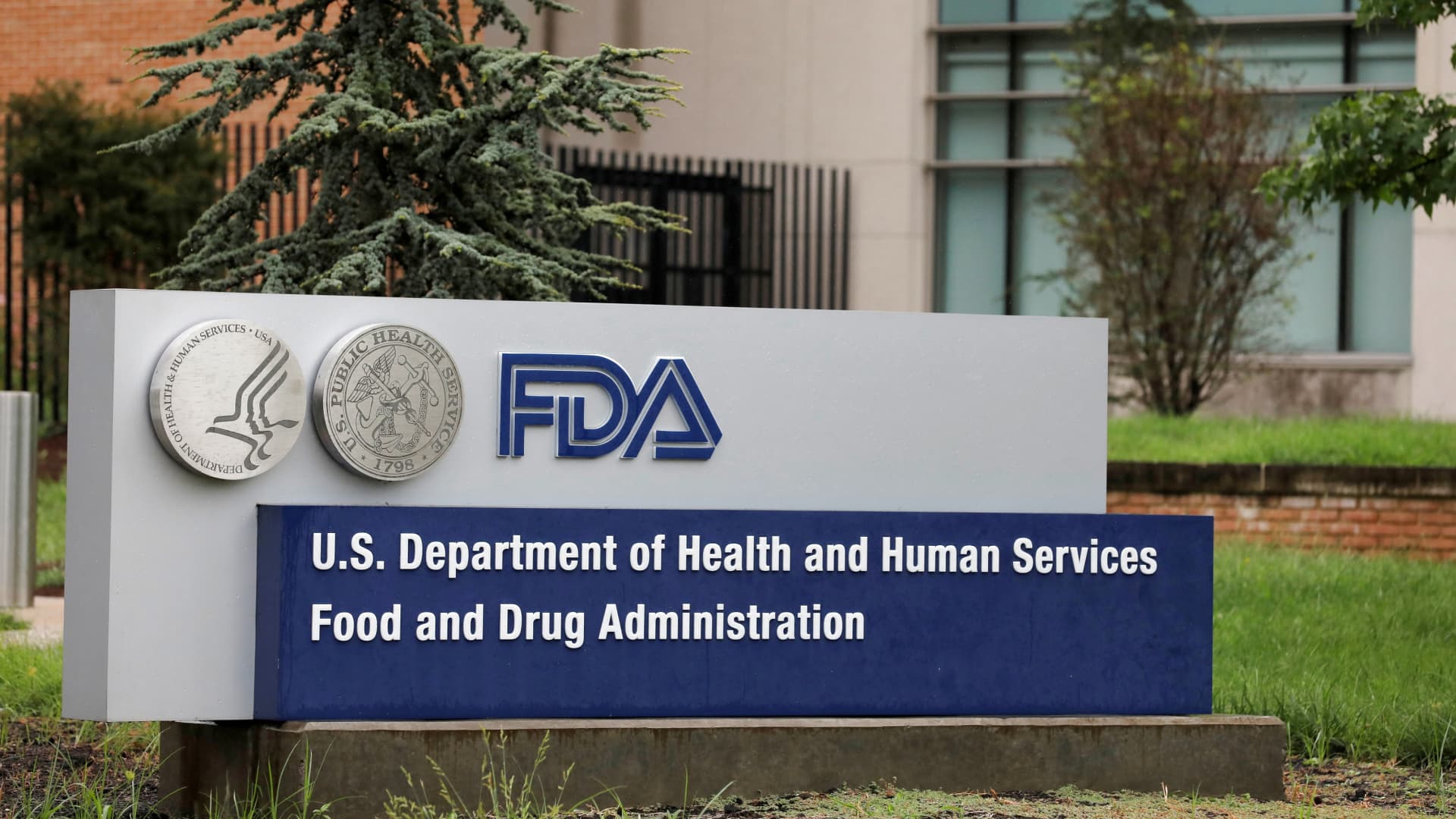The U.S. Food and Drug Administration has warned that Chinese-made plastic syringes that are distributed in the U.S. have “more widespread” quality control issues than were previously known.
In a safety communication Tuesday, the agency said it found three Chinese syringe manufacturers were in violation of FDA regulations.
CNBC has been investigating the issue since November, when the FDA initially announced it was reviewing reports of quality and performance issues with these syringes, including leaks and breakage. After CNBC had been inquiring about the issue for months, the agency released an updated safety communication stating its ongoing evaluation “has confirmed that issues with the quality of plastic syringes made in China and their distribution in the U.S. are more widespread than originally known.”
In its news release, the FDA said that on March 18, it sent warning letters to three Chinese manufacturers: Jiangsu Shenli Medical Production Co. Ltd, a China-based manufacturer of plastic syringes, as well as Medline Industries LP and Sol-Millennium Medical Inc., two firms marketing and distributing plastic syringes made in China within the U.S. The letters cite violations related to the sale and distribution of unauthorized plastic syringes made in China that are not cleared by the FDA for use in the U.S.
In a January statement to CNBC, the agency wrote that in 2023, it received more than 4,000 reports regarding plastic syringe issues, adding that this figure was not limited to just syringes manufactured in China. The agency further wrote that there were “limitations” to this data, such as “incomplete information in the reports” and “potential under-reporting.”
As part of its monthslong investigation, CNBC reviewed hundreds of narratives for syringe medical device reports, or MDRs, which are submissions to the FDA designed to highlight suspected issues or malfunctions associated with medical products.
In the reports CNBC reviewed, which looked at manufacturers beyond those issued the recent warning letters, some customers and physicians say they found “foreign matter” in syringes. Others said they had “multiple needles break off in the vials when drawing up vaccines,” “medication delivering faster than it should,” and that the syringes were “cracked,” among other issues. In one medical device report for Jiangsu Shenli Medical Production Co. Ltd, which was one of the manufacturers given a warning letter, a customer reported the syringe was causing “an inaccurate measurement of vaccine.”
The three companies issued warning letters did not immediately respond to CNBC’s request for comment.
According to the FDA’s medical device reporting database, Jiangsu Shenli Medical Production Co. Ltd. and and Sol-Millennium Medical Inc. produce plastic syringes for McKesson, a major pharmaceutical manufacturer headquartered in Irving, Texas.
In its notice, the FDA wrote that U.S. suppliers, consumers, and health-care organizations should “immediately transition away” from using plastic syringes manufactured by Jiangsu Caina Medical Co. Ltd and unauthorized plastic syringes manufactured by Jiangsu Shenli Medical Production Co. Ltd unless “absolutely necessary.” In regard to all other plastic syringes manufactured in China, the agency said that they should be used as needed until a transition to another product is possible, and urged that users should monitor for defects.
McKesson did not immediately respond to a request for comment.
In addition to Jiangsu Shenli Medical Production Co. Ltd and Sol-Millennium Medical Inc., there are other Chinese-based manufacturers that produce plastic syringes for McKesson, according to FDA data. Medical device reports also link Anhui Tiankang Medical Technology Co. Ltd., Jiangsu Caina Medical Co. Ltd., Suzhou Linhwa Medical Devices Co. Ltd., and Shanghai Kindly Enterprise Development Group Co. to McKesson.
McKesson isn’t the only pharmaceutical giant facing issues with its syringes. Cardinal Health and Fresenius Medical Care have also had class one recalls — the most serious type of recall — for their syringes in the past several months. According to the recall, the size changes in Cardinal Health Monoject syringes when used with various pumps caused problems such as incorrect dosages, therapy delays and pump malfunctions, including occlusion alarms and feeding delays. The FDA said Fresenius recalled its product due to reports of syringe leakage as well as reports of unknown black material inside the syringe.
In its statement to CNBC, the FDA said it believes the supply and manufacturing capability of plastic syringes made in countries other than China, including in the U.S., is sufficient to supply a shortage. The agency also said it will continue to evaluate problems with syringes made in China.
